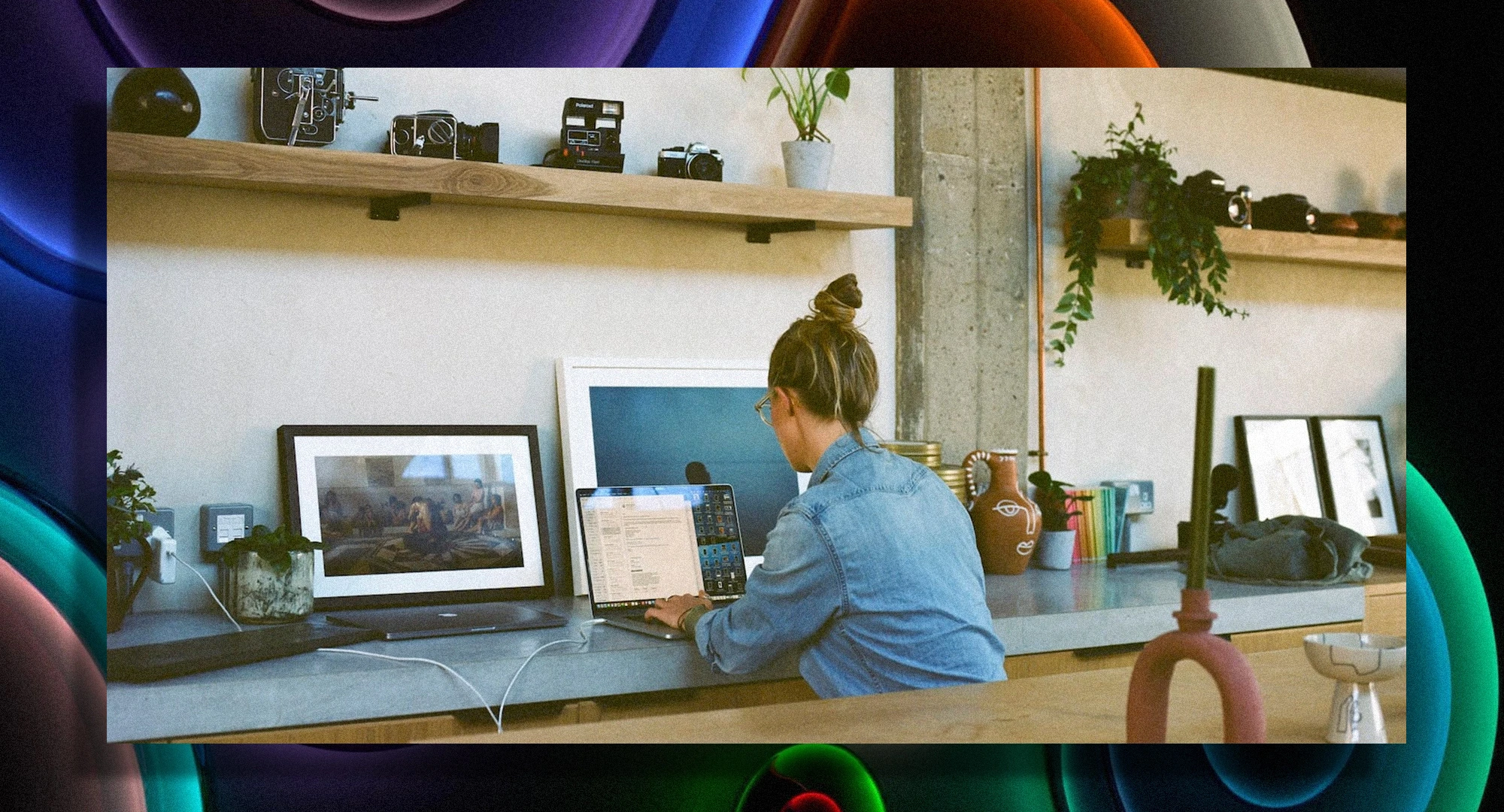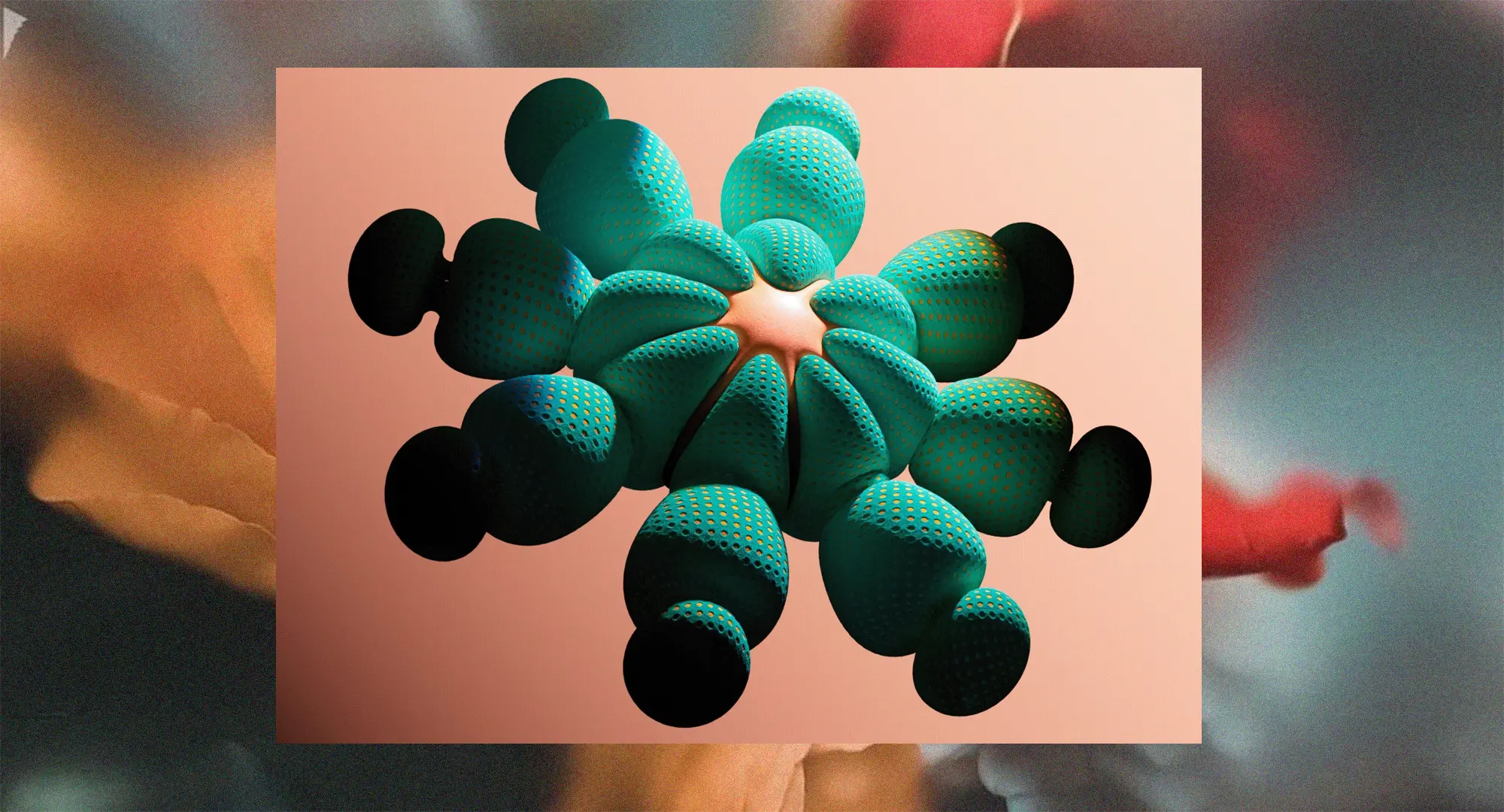
Louis Vuitton, an eCommerce Case Study
Let’s kickstart the conversation and design stuff people will love.

Louis Vuitton is a luxury French fashion house and subsidiary of LVMH Moët Hennessy Louis Vuitton founded in 1854 in Paris. One of the most recognizable names in fashion, Louis Vuitton is also one of the most valuable brands in the luxury space.
For years, eCommerce had been an after-thought for Louis Vuitton. The old belief among luxury brands was that people would prefer to opt for the in-store experience if they are going to purchase something extravagant anyway. That was back then. If you’d look at Louis Vuitton’s brand and visual components now—from its user experience (UX) and user interface (UI) to its eCommerce store functionality—you’d see the LVMH subsidiary has come a long way.

There had been a long-standing way of thinking that in-store experience was the ultimate factor that contributed to the aura of exclusivity for luxury brands. But recently, we’ve seen that luxury was perhaps the best-suited candidate for the online push, specifically in the manner Louis Vuitton has opted for the direct-to-consumer (DTC) route. That essentially means Louis Vuitton can have better control over its brand, reputation, and gain a better understanding of the customer relationship through online channels by identifying their patron’s behaviors and preferences.

“In a lot of ways, you saw this hesitation from luxury players before who thought it’d take away from the experience if you were able to purchase a product online versus getting a feel for it in-store,” says Juan Manuel Gonzalez, founder of the UI/UX eCommerce web design and development agency G & Co.
“But we’re starting to see luxury brands embrace digital innovation who now realize that they don’t have to sacrifice quality for availability. In fact, there’s plenty of things high-end brands gain out of a digital transformation. And not the least of which is the ability to control every aspect of their business from the initial engagement to post-purchase.”

Perhaps that’s why LVMH went one step further when it announced in 2017 that it would launch a multi-branded website offering more than 150 labels from Louis Vuitton, Dior, Fendi, and others outside its portfolio. The announcement was a signal of LVMH’s coming around that eCommerce would not only become a bigger strategic necessity but part of their brand.
How this ties to Louis Vuitton is through a significant investment in their online infrastructure in China. For more almost thirty years, Louis Vuitton has enjoyed high demand in the country, which has become the biggest market for Louis Vuitton. It made sense why Louis Vuitton chose to test the online waters with China to evaluate whether an eCommerce strategy would prove beneficial.

Their test yielded great results when it was reported Louis Vuitton’s Chinese eCommerce store made up 8% of the brand’s total revenue. Since then. LVMH has kept tight control of its process, with nearly all online sales across the Louis Vuitton parent company coming through its own eCommerce stores.
Louis Vuitton was also the first luxury brand to embrace one-on-one messaging in partnering with WeChat. A customer-centric approach in messaging is one step in the right direction to personalize the user experience. It holds to Louis Vuitton’s wish to sustain every factor of what makes the user experience of shopping a luxurious one.

Product page example on the Louis Vuitton web page
For now, we’re still living amid a Louis Vuitton digital transformation. While they may be early adopters among luxury players of one-on-one messaging and SEO, we’re bound to see more digital innovations roll out as more brands adopt an eCommerce strategy. What Louis Vuitton will do next to level the playing field will certainly be interesting to watch.
What platform does Louis Vuitton use?
Louis Vuitton uses Oracle Commerce for their eCommerce platform.
What content management system (CMS) does Louis Vuitton use?
Louis Vuitton uses Atlassian Cloud as its content management system (CMS).
What libraries and functions is Louis Vuitton utilizing?
Louis Vuitton utilizes jQuery and JSON for its website.
Why is UI/UX important for eCommerce stores?
A good user interface (UI) and user experience (UX) is essential for any eCommerce store in that it helps browsers easily navigate a website for the sole purpose of making their customer journey easier to finish. Most importantly, an eCommerce store is a window into a brand’s image; the first impression a browser makes when coming across a shop can easily determine whether or not they will continue browsing and ultimately purchase something.
Why is eCommerce important for any luxury business?
In the rapidly changing world we live in, it’s important now more than ever for brands to adapt to evolving consumer needs. And that includes meeting them where they are.
How is eCommerce different for luxury and non luxury brands?
It’s not enough for luxury brands to have a branded site just to check the box off on eCommerce. Consumers today want an experience that matches the quality of a luxury product they purchase. That’s why luxury brands place a great emphasis on tailoring their approach to play on consumer sentiment and meet the mark of exclusivity.






%20(1).png)




